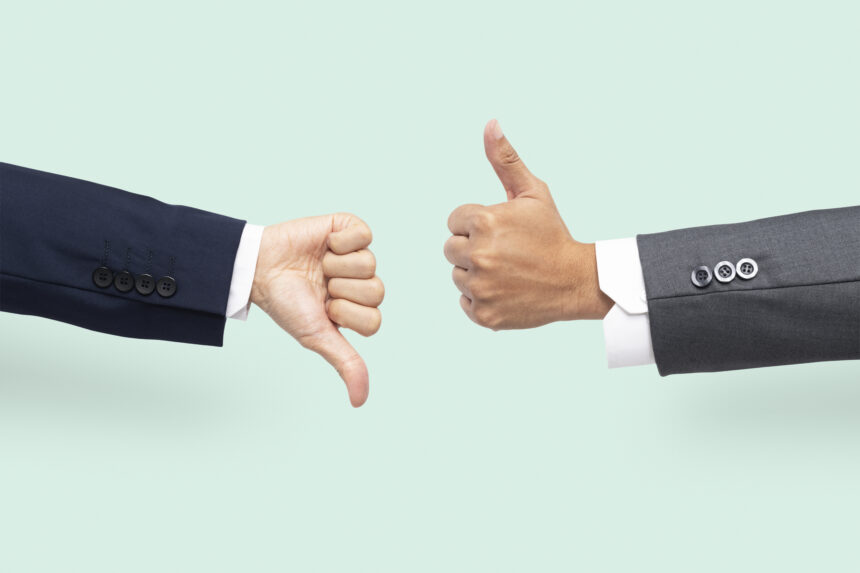When it comes to borrowing money, individuals have several options available to them. Two common types of loans are secured and unsecured loans. Both options have their own set of advantages and disadvantages, and understanding these can help borrowers make informed decisions based on their specific needs and financial circumstances. In this article, we will explore the pros and cons of secured and unsecured loans.
Secured Loans: Secured loans are loans that are backed by collateral, which can be any valuable asset that the borrower owns, such as a house, car, or savings account. Here are some of the pros and cons of secured loans:
Pros:
- Lower interest rates: Secured loans generally come with lower interest rates compared to unsecured loans. Lenders view these loans as less risky since they have collateral to fall back on in case of default. As a result, borrowers can save money on interest payments over the life of the loan.
- Higher borrowing limits: Since the lender has collateral as security, they may be more willing to offer higher loan amounts to borrowers. This can be beneficial when individuals need a substantial amount of money for major expenses like home renovations or purchasing a vehicle.
- Easier approval: Secured loans can be more accessible to individuals with lower credit scores or a limited credit history. The collateral acts as reassurance for the lender, reducing their risk and increasing the chances of loan approval.
Cons:
- Risk of asset loss: The primary drawback of a secured loan is the risk of losing the collateral if the borrower fails to repay the loan as agreed. If the borrower defaults on payments, the lender has the right to seize and sell the collateral to recover their losses. This can be a significant consequence, particularly if the collateral is a valuable asset like a home.
- Lengthy approval process: Secured loans often involve a more extensive approval process since the lender needs to assess the value and condition of the collateral. This can lead to longer processing times and delays in receiving the funds, which may not be suitable for individuals who require immediate access to cash.
Unsecured Loans: Unsecured loans are not backed by collateral and are typically granted based on the borrower’s creditworthiness. Here are the pros and cons of unsecured loans:
Pros:
- No collateral required: One of the main advantages of unsecured loans is that borrowers do not need to put up any collateral to secure the loan. This means that individuals who do not own valuable assets or are unwilling to risk them can still access funding.
- Faster approval process: Unsecured loans generally have a quicker approval process since there is no need for collateral evaluation. This can be advantageous when borrowers need funds urgently for time-sensitive expenses.
- No risk of collateral loss: With unsecured loans, borrowers do not have to worry about losing any assets if they are unable to repay the loan. While defaulting on an unsecured loan has its consequences, such as credit score damage and collection efforts, the borrower’s personal assets remain unaffected.
Cons:
- Higher interest rates: Unsecured loans typically come with higher interest rates compared to secured loans. Lenders charge higher rates to compensate for the increased risk they assume by not having collateral as security. Borrowers may end up paying more in interest over the loan term, making it a more expensive borrowing option.
- Limited borrowing amounts: Since unsecured loans are based solely on creditworthiness, lenders may offer lower borrowing limits. This can be a disadvantage for individuals who require substantial funds for significant expenses.
- Stricter eligibility criteria: Lenders tend to have stricter eligibility requirements for unsecured loans. They scrutinize the borrower’s credit history, income stability, and overall financial situation more thoroughly. As a result, individuals with poor credit or a limited credit history may find it challenging to qualify for an unsecured loan.
In conclusion, choosing between a secured and unsecured loan depends on individual circumstances and preferences. Secured loans offer lower interest rates, higher borrowing limits, and increased accessibility for those with lower credit scores. However, they come with the risk of collateral loss and a potentially lengthy approval process. Unsecured loans, on the other hand, provide faster approval, no collateral requirement, and protection of personal assets. However, they often carry higher interest rates, smaller loan amounts, and stricter eligibility criteria. By considering these pros and cons, borrowers can make well-informed decisions about which type of loan best suits their needs.










